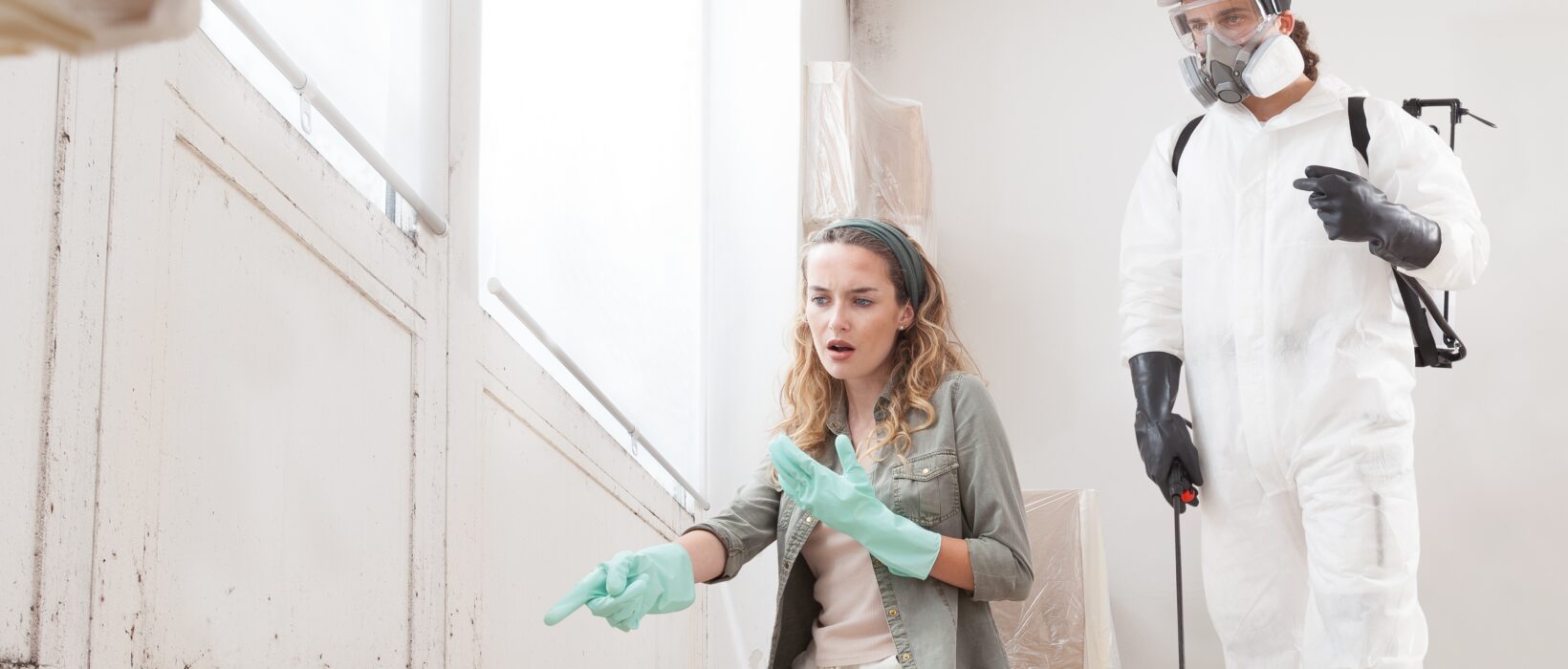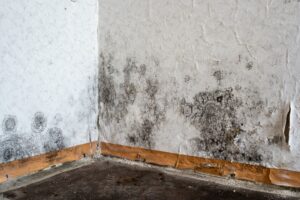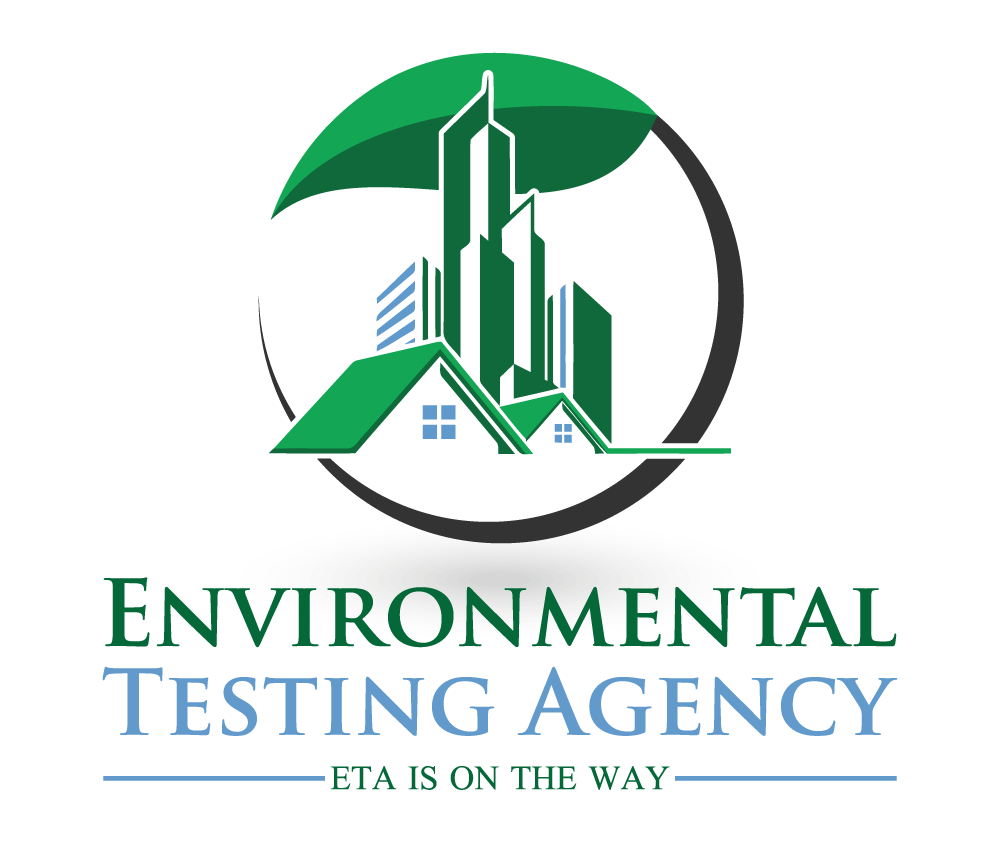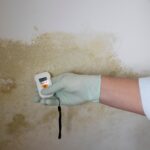10 Warning Signs of Mold Toxicity and How to Protect Your Health

Mold toxicity happens when you’re exposed to harmful mold over time, either by breathing it in or coming into contact with it. Mold releases tiny particles called mycotoxins that can cause a range of health issues, from mild allergies to more serious problems like chronic fatigue or trouble breathing. These symptoms can be tricky to spot since they often don’t seem connected to mold right away.
Recognizing the signs of mold toxicity early is really important. Things like constant headaches, unexplained skin issues, or brain fog might be warning signs of mold exposure. Catching these symptoms early gives you the chance to fix the problem before it gets worse, protecting both your health and your home.
Understanding how mold affects your body and knowing what to watch for can help you create a healthier living space. Whether it’s spotting mold in your home or taking steps to protect yourself, being informed is your best defense.

What Is Mold Toxicity?
Mold toxicity, or mold-related illness, happens when your body reacts to mold and the toxins it produces, called mycotoxins. Mold grows in damp, humid areas and can be found on surfaces like walls, ceilings, or even in your HVAC system. When mold spores become airborne, you can breathe them in or come into contact with them on your skin.
Common places mold is found include water-damaged homes, bathrooms with poor ventilation, leaky pipes, or workplaces with hidden moisture. It can also hide in spots you may not notice, like under carpets, behind walls, or inside air conditioning units.
The toxins mold releases can cause a variety of health issues. They may irritate your breathing, weaken your immune system, and affect your mental clarity. If you’re exposed to mold over time, the symptoms can get worse. That’s why it’s important to spot and deal with mold problems early to protect your health.
10 Signs You Might Have Mold Toxicity
Chronic Fatigue
If you’re constantly feeling drained, even after a full night’s sleep, mold could be a factor. Mold toxins can make your body work harder, which can leave you feeling sluggish. This type of tiredness can make even simple tasks feel exhausting. If you’re struggling to feel rested, it might be time to consider mold as a possible cause.
Breathing Problems
Mold exposure can cause coughing, sneezing, or a stuffy nose. Mold spores can get into your lungs and irritate your airways, which can lead to ongoing sinus issues or asthma-like symptoms. You might find yourself coughing more than usual or feeling like your nose is always blocked, no matter what treatments you try. Mold can make breathing harder, and it could lead to infections if left untreated.
Frequent Headaches
If you’ve been getting regular headaches or migraines for no obvious reason, mold could be to blame. Mold toxins can cause inflammation that affects the brain and leads to persistent headaches or brain fog. If you’re dealing with these symptoms often, it’s a good idea to check for mold in your environment. Removing the mold can help ease the headaches and clear up the foggy feeling.
Skin Issues
If your skin has been itchy, red, or irritated and you can’t figure out why, mold might be to blame. Many people are allergic to mold, and it can cause skin problems like rashes or hives. Mold spores can trigger your immune system, causing your skin to become inflamed or itchy. If you’ve changed up your skincare routine but still can’t shake the irritation, mold could be the hidden problem.
Cognitive Difficulties
Struggling to focus, feeling forgetful, or experiencing brain fog could be linked to mold exposure. Mold toxins can mess with your brain, making it harder to concentrate or remember things. This can affect your day-to-day life, making tasks harder to manage, and even impacting work or social interactions. If you’re noticing more mental haze or difficulty staying sharp, it could be worth looking into whether mold is affecting your health.
Sinus Infections or Nasal Irritation
If you’re dealing with frequent sinus infections or a constantly runny nose, mold might be the cause, especially if you live in a damp or water-damaged environment. Mold thrives in moist areas and releases spores that can irritate your sinuses, making you more prone to infections. If your sinuses are always inflamed or you can’t get rid of a stuffy nose, mold could be making it worse. Taking care of mold in your home could help clear up your sinuses and prevent more infections.
Allergy-like Symptoms
If you’re dealing with watery eyes, sneezing, or a sore throat, it might feel like allergy season. But if these symptoms last longer than usual or seem to appear inside your home, mold could be the culprit. Mold spores can act like allergens, causing reactions similar to seasonal allergies. The big difference is that mold can keep triggering these symptoms as long as you’re exposed, so it’s important to find out where it’s coming from and take care of it.
Digestive Issues
Mold exposure isn’t just tough on your lungs and skin. It can mess with your stomach too. If you’re feeling nauseous, bloated, or noticing changes in your appetite, mold could be affecting your gut. Moldy food or air can introduce toxins into your digestive system, leading to discomfort. If ignored, it could cause more serious digestive problems, so it’s essential to get rid of any mold in your home to help protect your health.
Mood Changes
Mood swings like feeling anxious, down, or irritable might be linked to mold. Mold toxins can impact your brain, causing changes in your mood and mental state. If you’ve been feeling unusually stressed or low, it could be more than just life’s pressures. It might be mold. Taking care of the mold problem can help improve your mood and mental clarity.
Weak Immune System
Long-term mold exposure can weaken your immune system, making it harder for your body to fight off infections. If you’re catching colds often, dealing with infections, or just feeling run-down, mold could be lowering your body’s defenses. A weakened immune system makes it easier for sickness to take hold, so taking steps to remove mold is crucial for keeping your body strong and healthy.

How to Protect Your Health from Mold
Finding Mold in Your Home
The first step to protecting your health is spotting mold around your home. Check for dark spots on walls, ceilings, or hidden areas like under sinks and behind furniture. If you notice a musty smell in certain rooms, it might mean mold is nearby. Mold also loves damp places, so be sure to check spots like basements, attics, and bathrooms. If you think mold is there but can’t see it, professional inspection and testing can help find hidden mold.
Keep Your Home Dry and Well-Ventilated
Mold grows in damp, still air, so it’s important to keep your home dry and well-ventilated. Open windows and use exhaust fans in rooms like the kitchen and bathroom to help reduce moisture. A dehumidifier can also be really helpful, especially if you live in a humid area or have a basement. Be sure to fix any leaks or water damage right away to stop mold from spreading.
Call in the Experts
If you find mold or think it might be affecting your health, it’s time to call a professional. Mold experts can provide a thorough inspection, test for harmful toxins, and safely remove the mold. Trying to remove mold yourself can make things worse and expose you to even more harmful substances. Professionals have the right tools and knowledge to handle mold safely.
Take Care of Yourself During Recovery
While removing mold is a big step, looking after your health is just as important. Focus on eating a balanced diet, staying hydrated, and getting enough sleep to keep your immune system strong. Drinking lots of water, exercising, and possibly using supplements (with your doctor’s approval) can also help your body recover. If you’ve been dealing with symptoms for a while, it’s a good idea to talk to a healthcare provider. They can help you manage any lingering effects from mold exposure.
When to See a Doctor
If you’ve been exposed to mold and your symptoms aren’t going away or are getting worse, it’s time to see a doctor. Here are some signs that you should get medical help:
Ongoing or Worsening Symptoms: If you’re feeling really tired, have constant headaches, or are having trouble breathing, and these issues don’t improve, it’s a good idea to see a doctor. This is especially true if the symptoms last longer than expected or seem to get worse over time.
Allergic Reactions: If you have trouble breathing, get hives, or notice swelling, seek medical help right away. Mold can cause severe allergic reactions in some people.
Memory or Focus Problems: If you’re having trouble thinking clearly, remembering things, or focusing, and this doesn’t go away, it’s important to talk to a healthcare provider. Mold exposure can affect your brain, and a doctor can help determine if it’s the cause.
Frequent Sinus or Breathing Issues: If you keep getting sinus infections, bronchitis, or other breathing problems, even after treatment, mold could be the underlying cause.
Doctors can help figure out if mold is affecting your health. They’ll look at your symptoms, may do tests, and can refer you to a specialist if needed. Early treatment is important to avoid any long-term health issues.
How to Protect Your Health from Mold Toxicity
Mold toxicity can seriously impact your health, causing issues like fatigue, breathing problems, and trouble focusing. Catching the signs early is key to protecting yourself. By spotting mold in your home, improving ventilation, reaching out for expert help when needed, and supporting your recovery, you can lower the risks tied to mold exposure.
If you’re dealing with ongoing symptoms or think mold could be affecting your health, it’s best to consult a doctor. They can figure out if mold toxicity is the problem and recommend the right treatment to help you feel better.
Taking action early is important. The sooner you address mold, the better you’ll protect your health and avoid any long-term issues. Make your home a safer, healthier place for you and your loved ones by taking action now.
FAQs
What is mold toxicity?
Mold toxicity happens when mold releases harmful toxins into the air. These toxins can be inhaled or touch your skin, which might cause health problems like breathing issues, skin irritation, or even brain fog.
How can I tell if mold is affecting my health?
If you notice things like constant coughing, feeling unusually tired, frequent headaches, skin rashes, or trouble concentrating, mold could be the cause. If you think mold might be the issue in your home or workplace, it’s a good idea to talk to a doctor.
Can mold cause long-term health problems?
Yes, being exposed to mold for a long time can lead to ongoing health problems, especially for those with allergies, asthma, or weaker immune systems. It’s important to deal with mold early to avoid long-term issues.
How can I prevent mold in my home?
To keep mold away, make sure your home is well-ventilated and manage the humidity levels. Using dehumidifiers in places like the basement can help. Fix leaks quickly and regularly check areas like bathrooms and kitchens for mold.
When should I see a doctor for mold toxicity?
If you’re having trouble breathing, feel extremely tired, or keep getting sinus infections, it’s time to see a doctor. They can evaluate your symptoms and give you the right treatment for mold exposure.
Can mold exposure be treated?
Yes, you can treat mold exposure by removing the mold from your environment and taking care of any symptoms with medical help. A doctor might recommend some treatments or medications to help your body recover.
Do I need a professional to remove mold from my home?
If the mold is widespread or hidden, it’s best to call in a professional. They have the tools and expertise to remove the mold safely and prevent it from coming back.
Can mold grow in places I can’t see?
Yes, mold can grow in hidden spots like behind walls, under floors, or inside your air system. It thrives in damp, dark spaces, so if you suspect mold but can’t see it, it’s a good idea to have a professional check for hidden growth.
Can cleaning mold on my own make things worse?
Yes, cleaning mold improperly can stir up spores and spread them around, making the problem worse. It’s safer to leave mold removal to professionals who know how to handle it without spreading it.
How can I support my health while recovering from mold exposure?
In addition to removing the mold from your home, it’s important to take care of yourself. Eat a balanced diet, drink plenty of water, and get enough rest to help your immune system. If symptoms persist, talk to your doctor for more advice on how to detox and recover.










